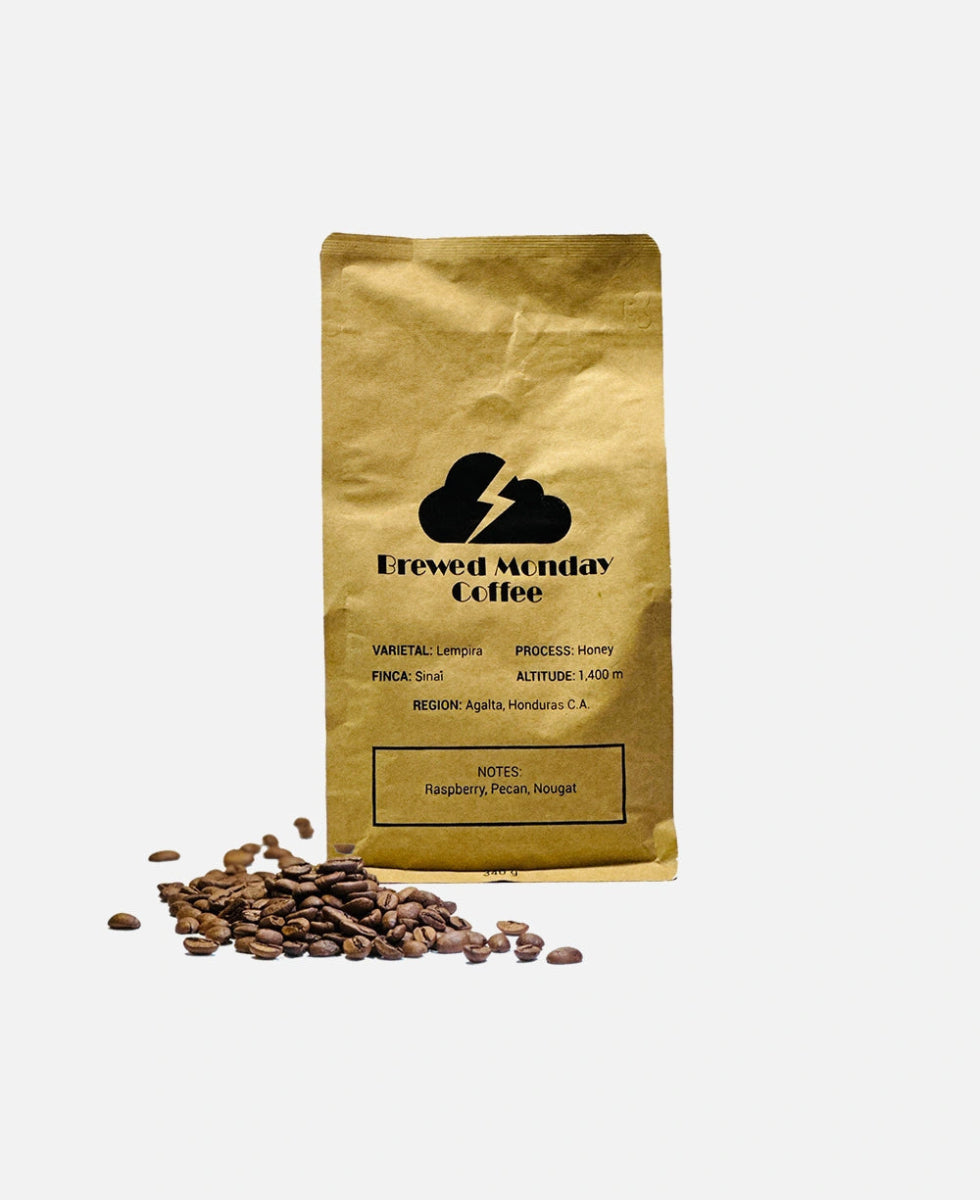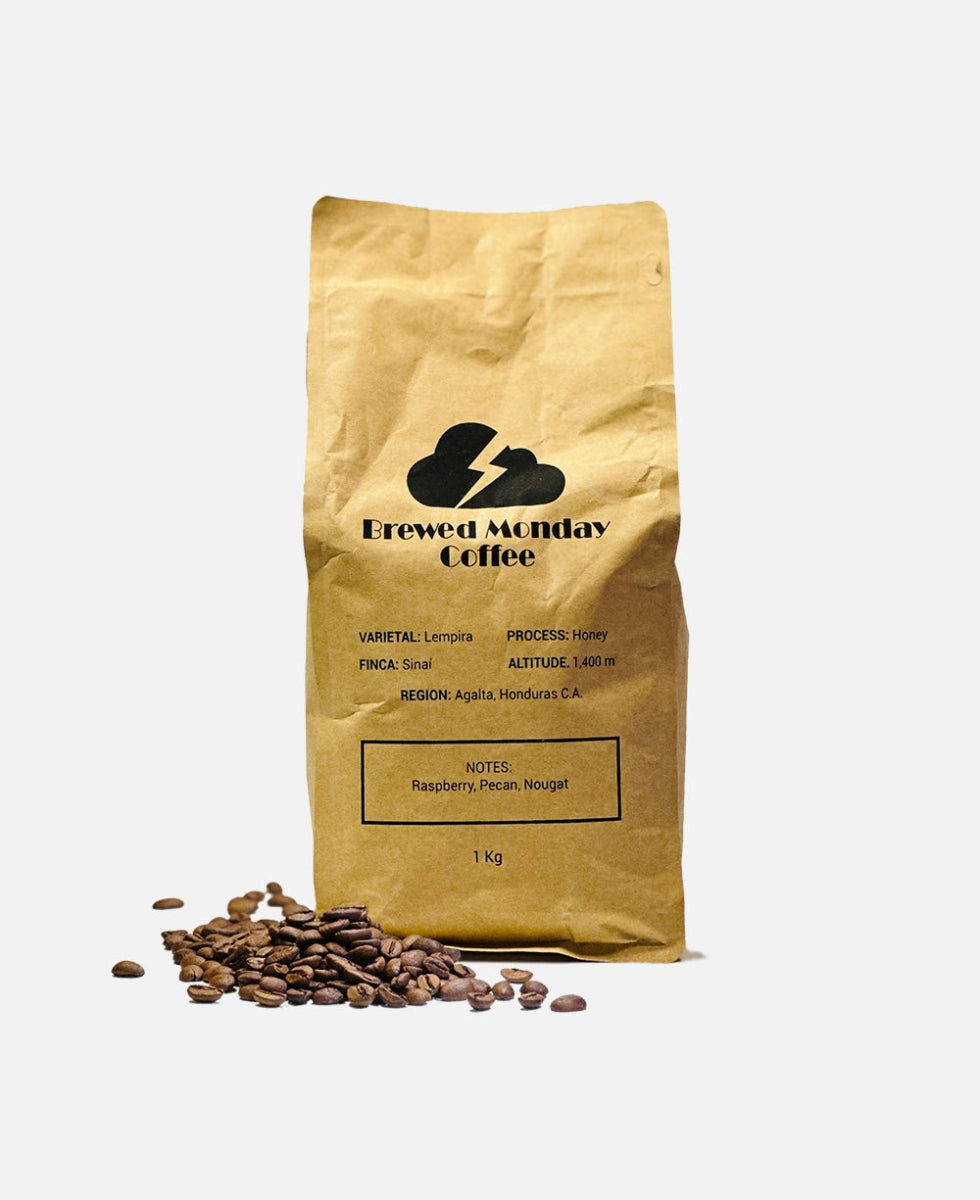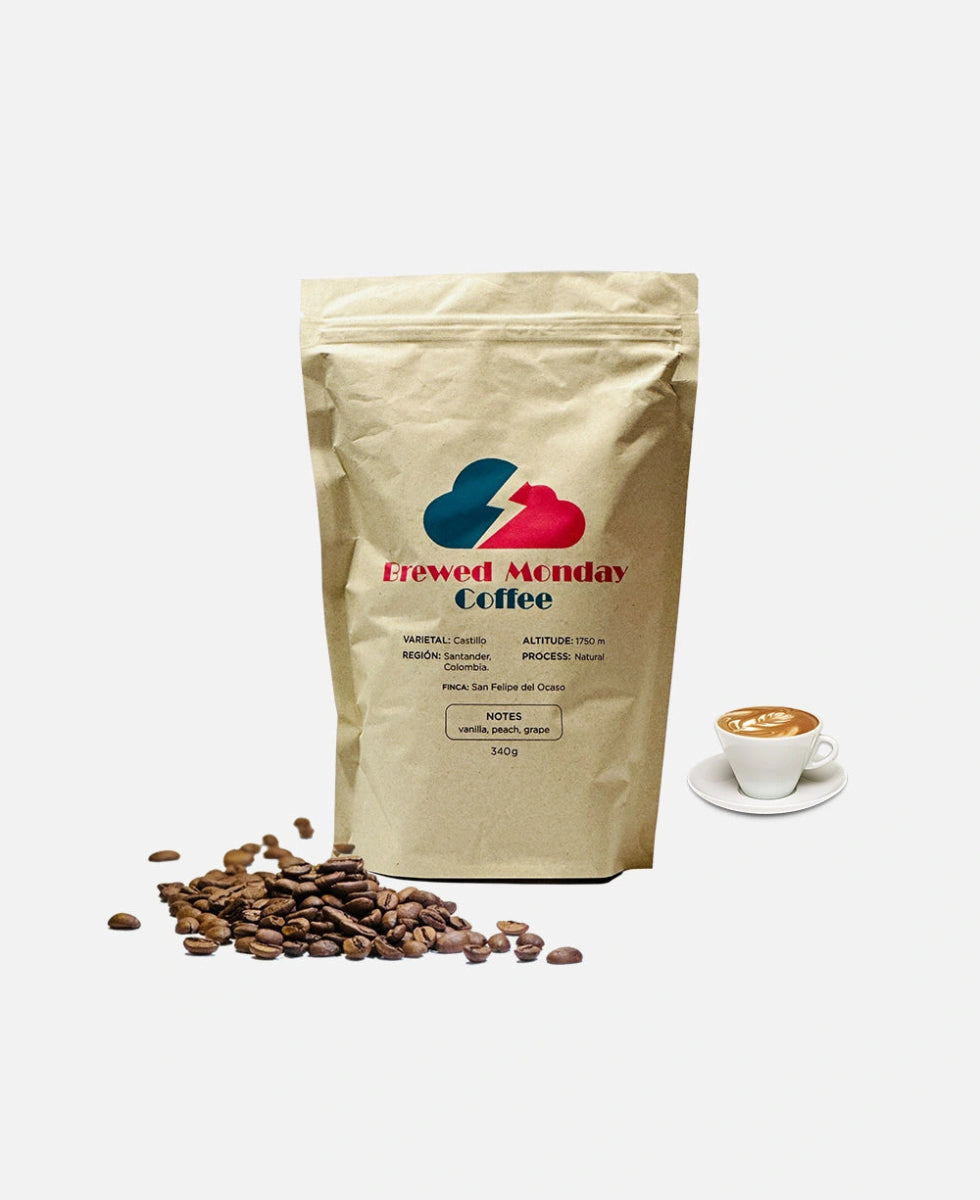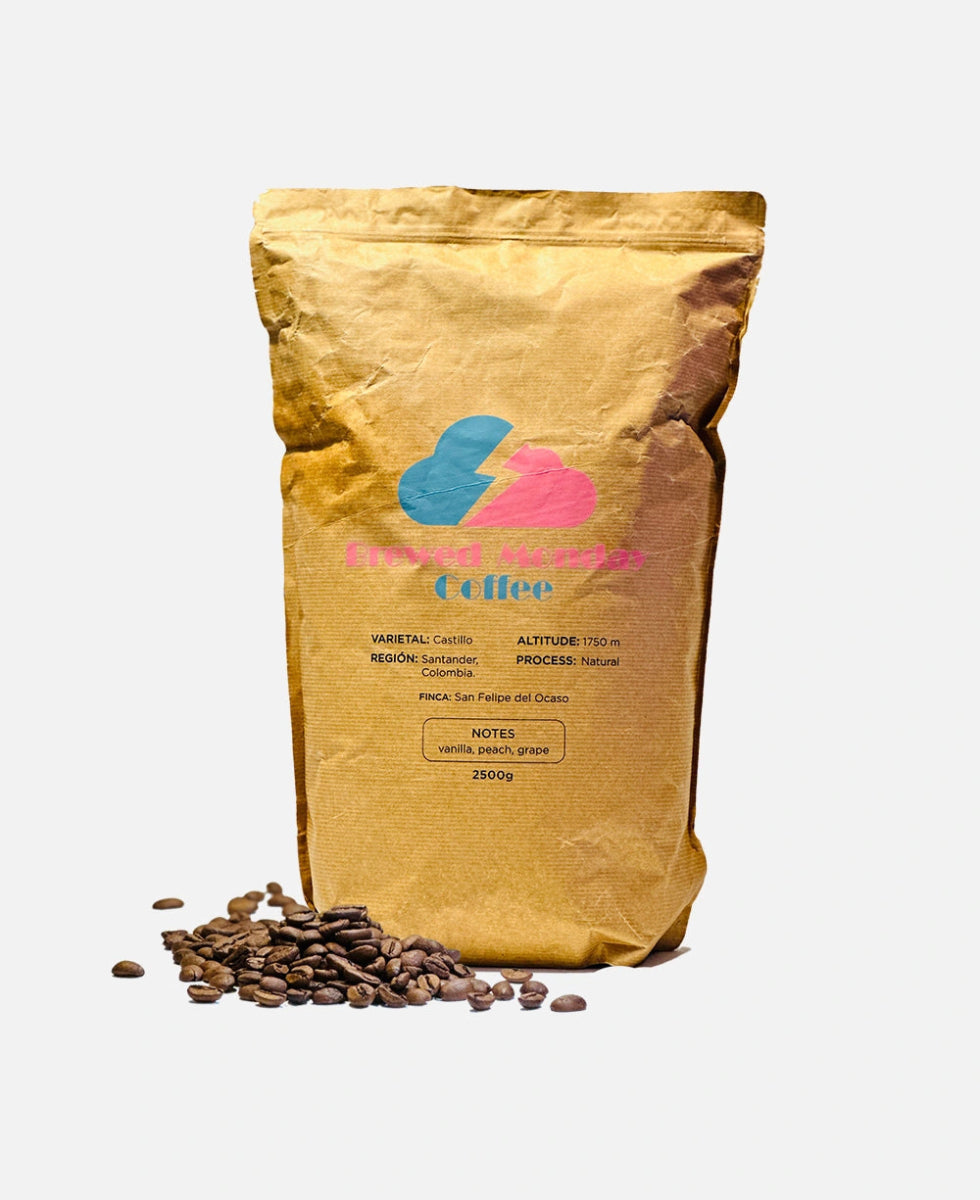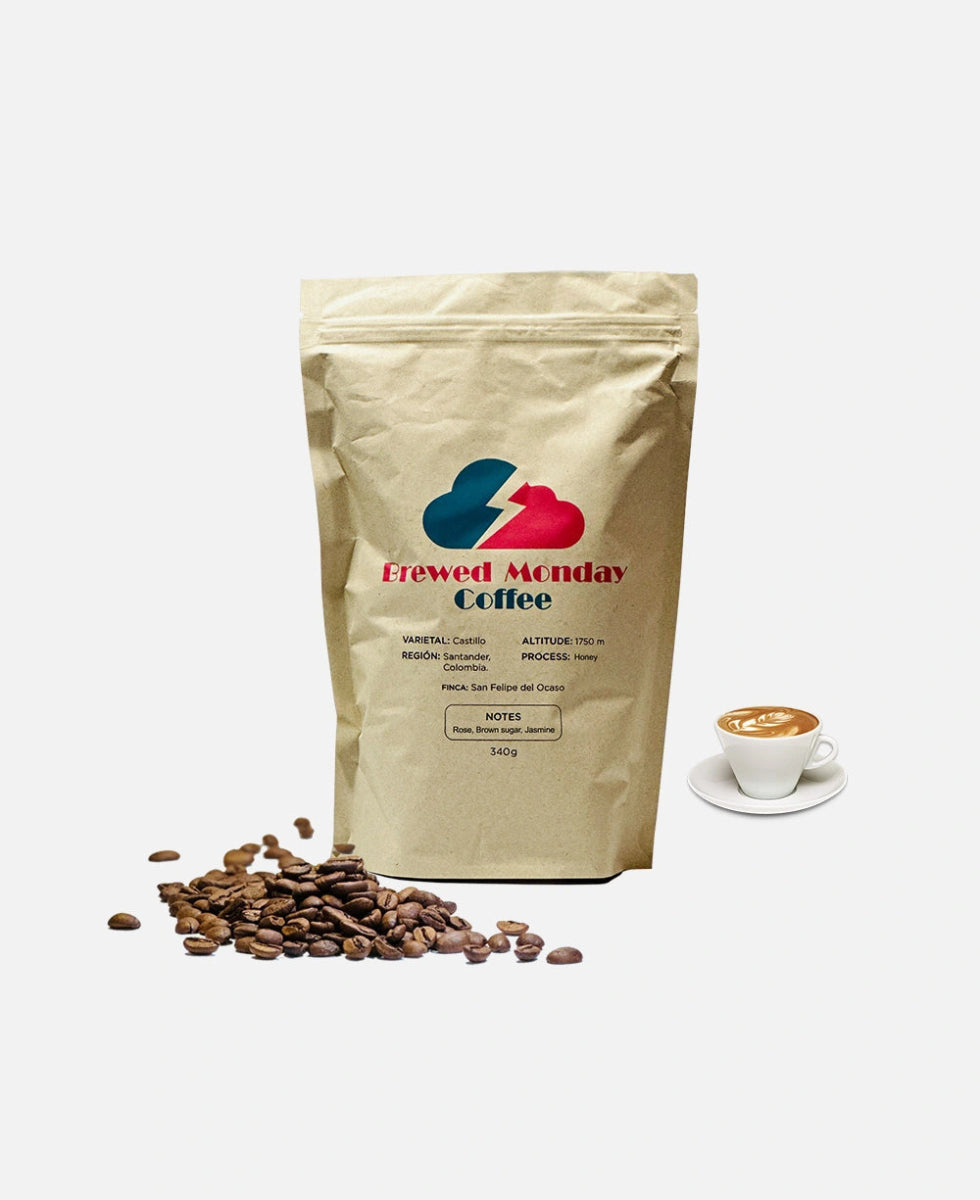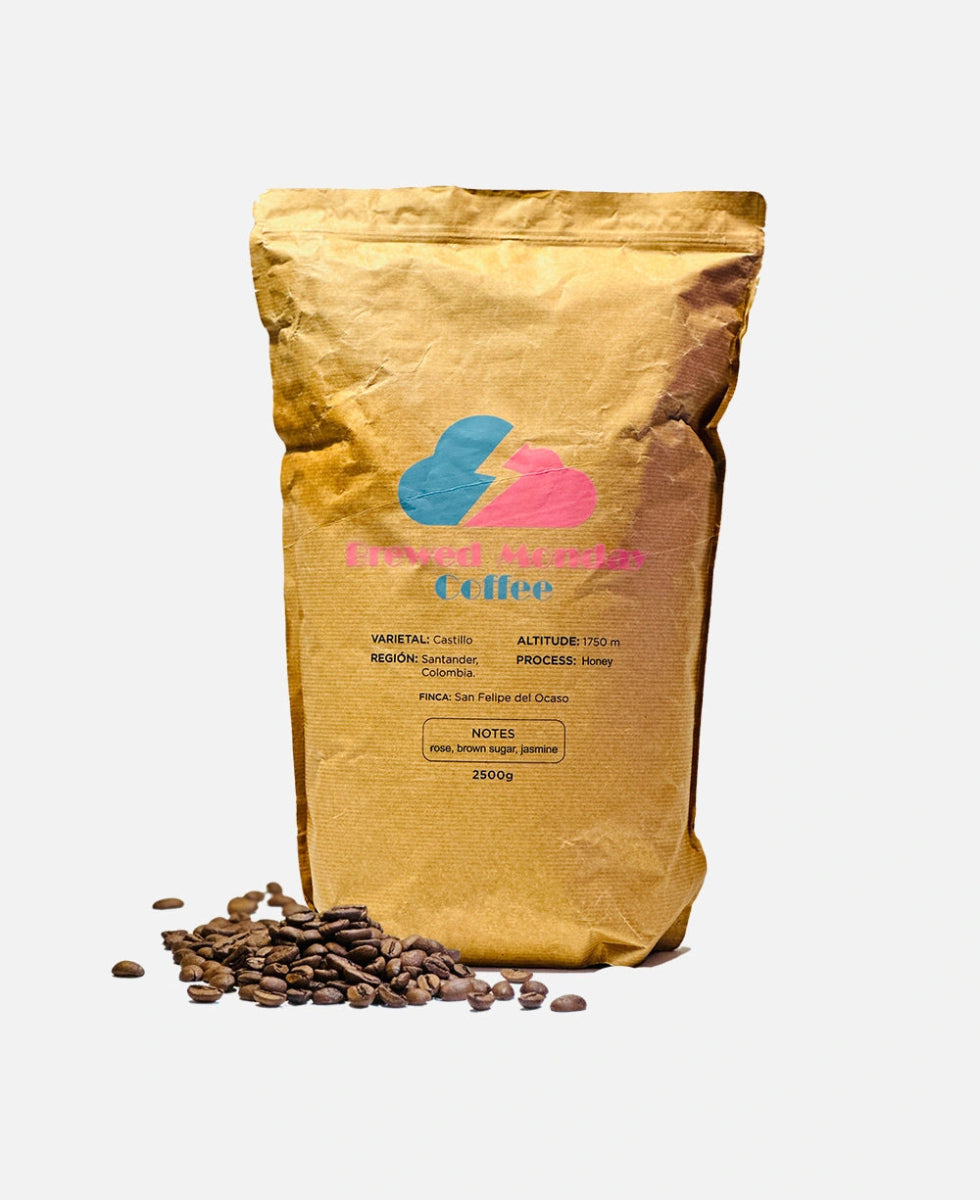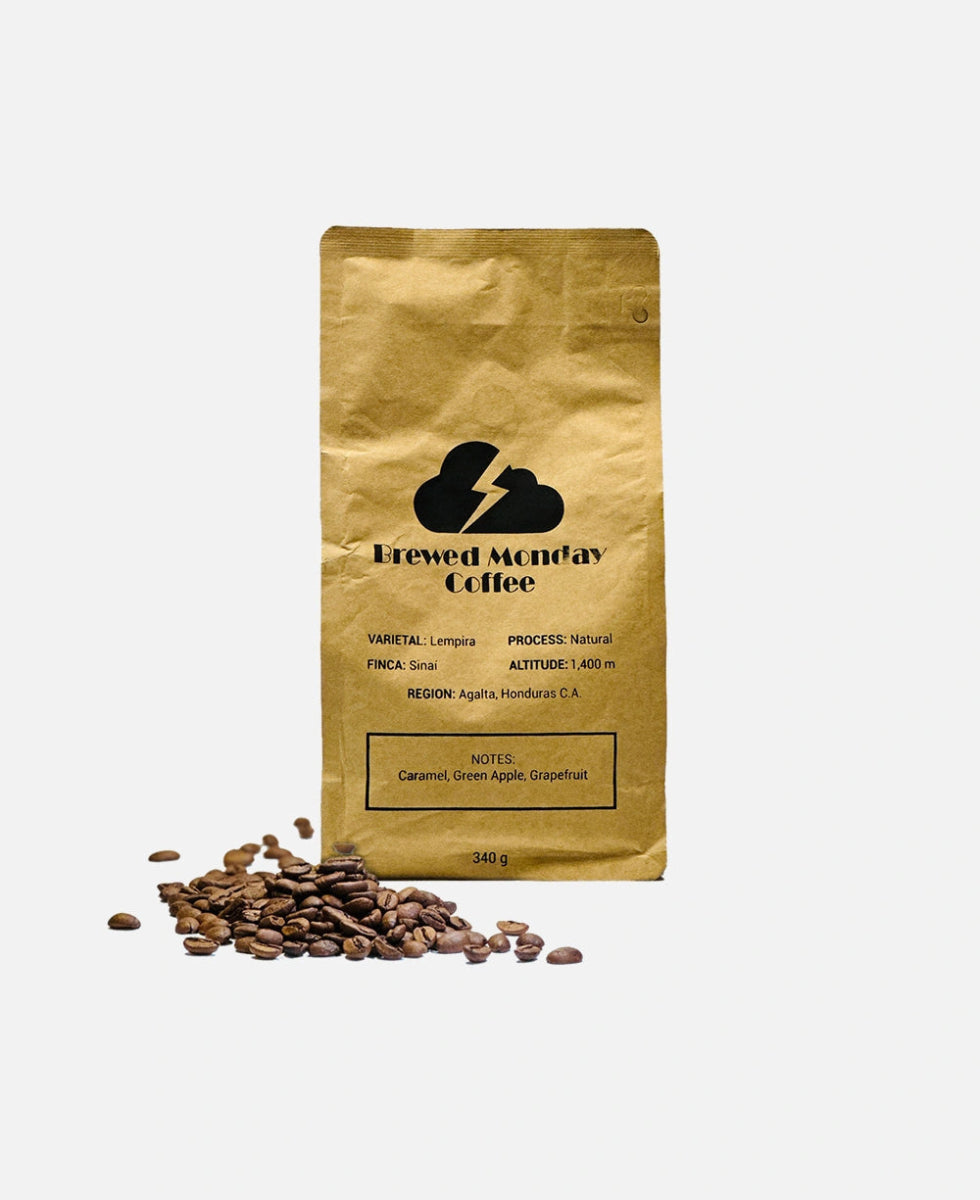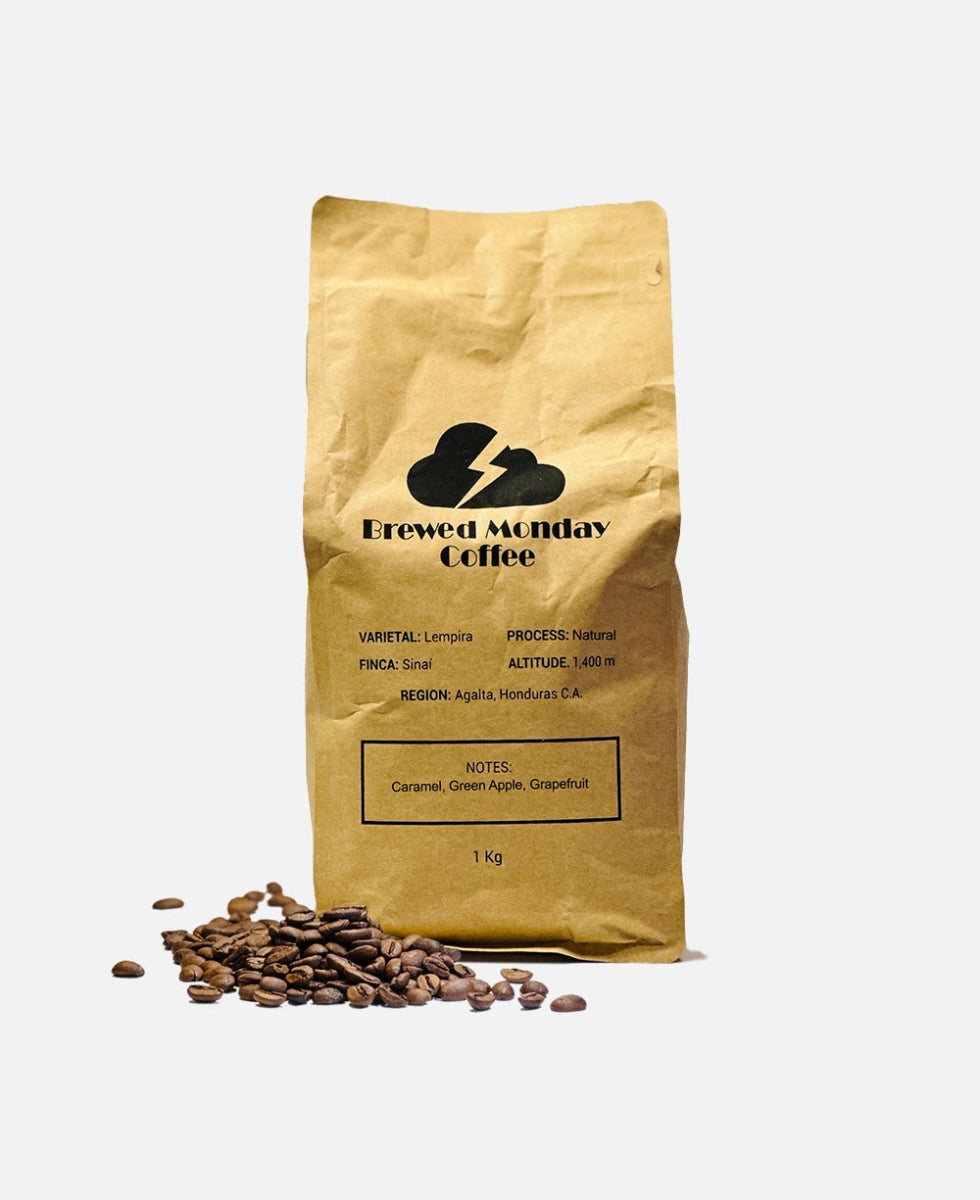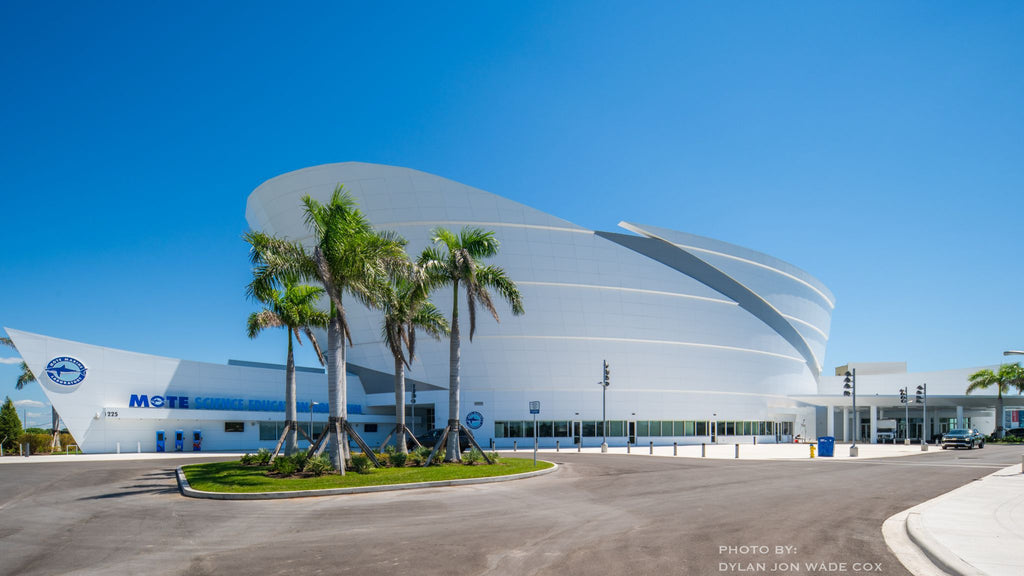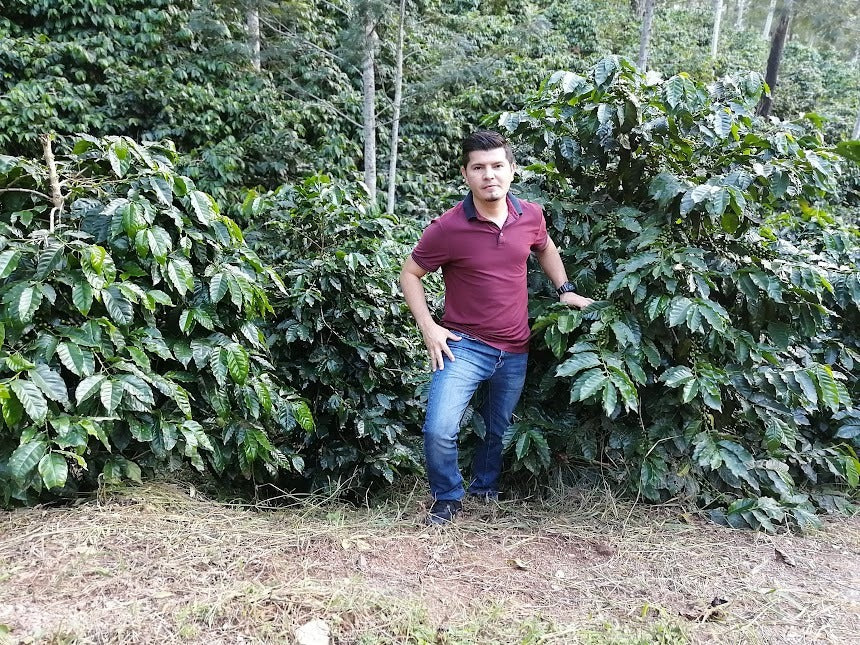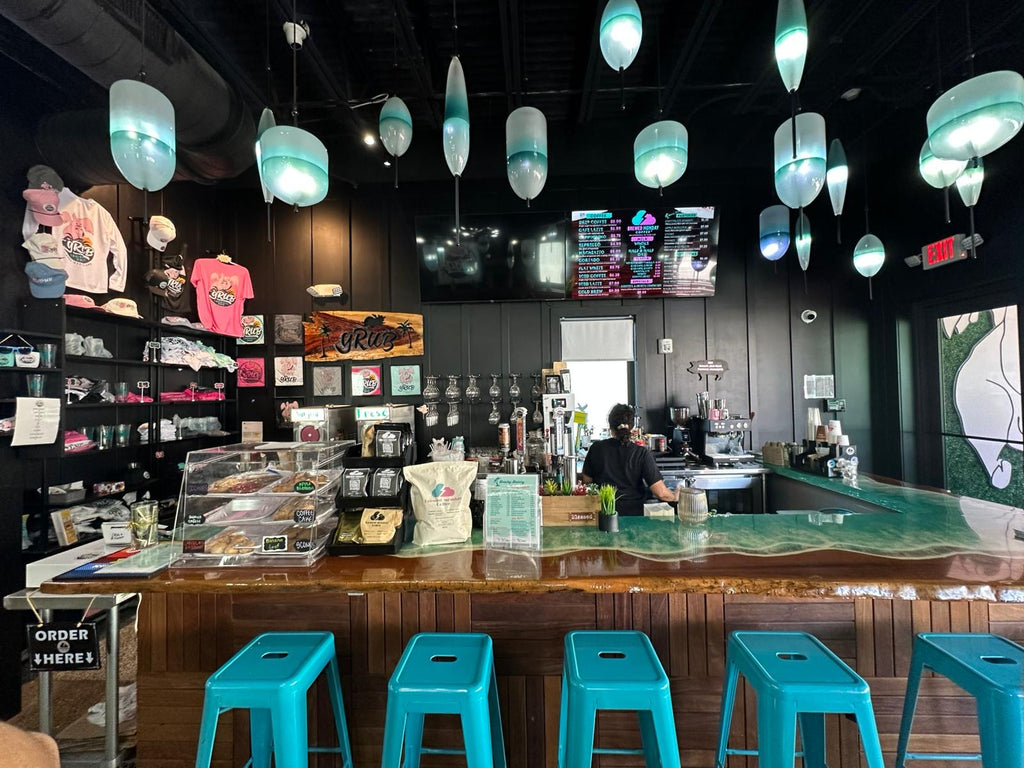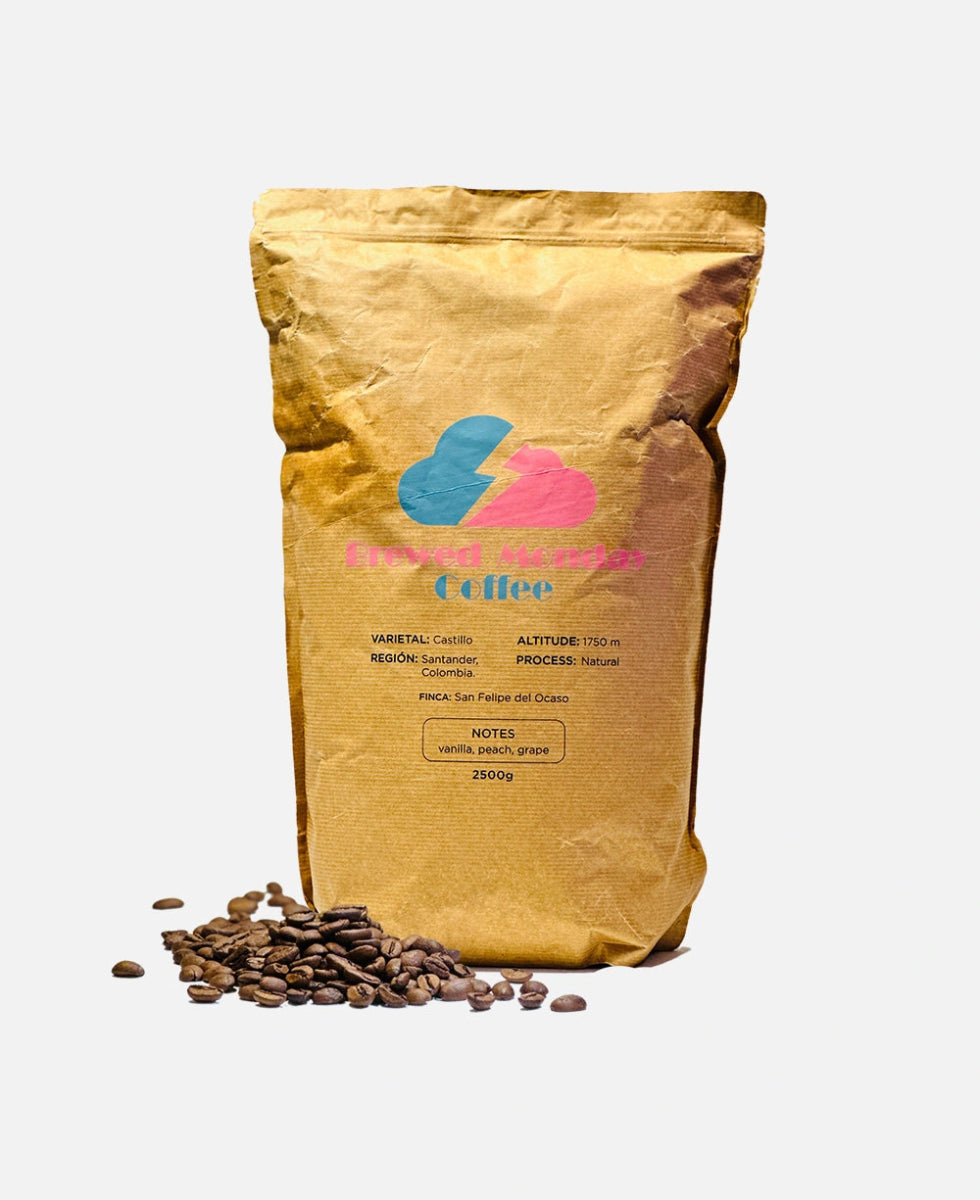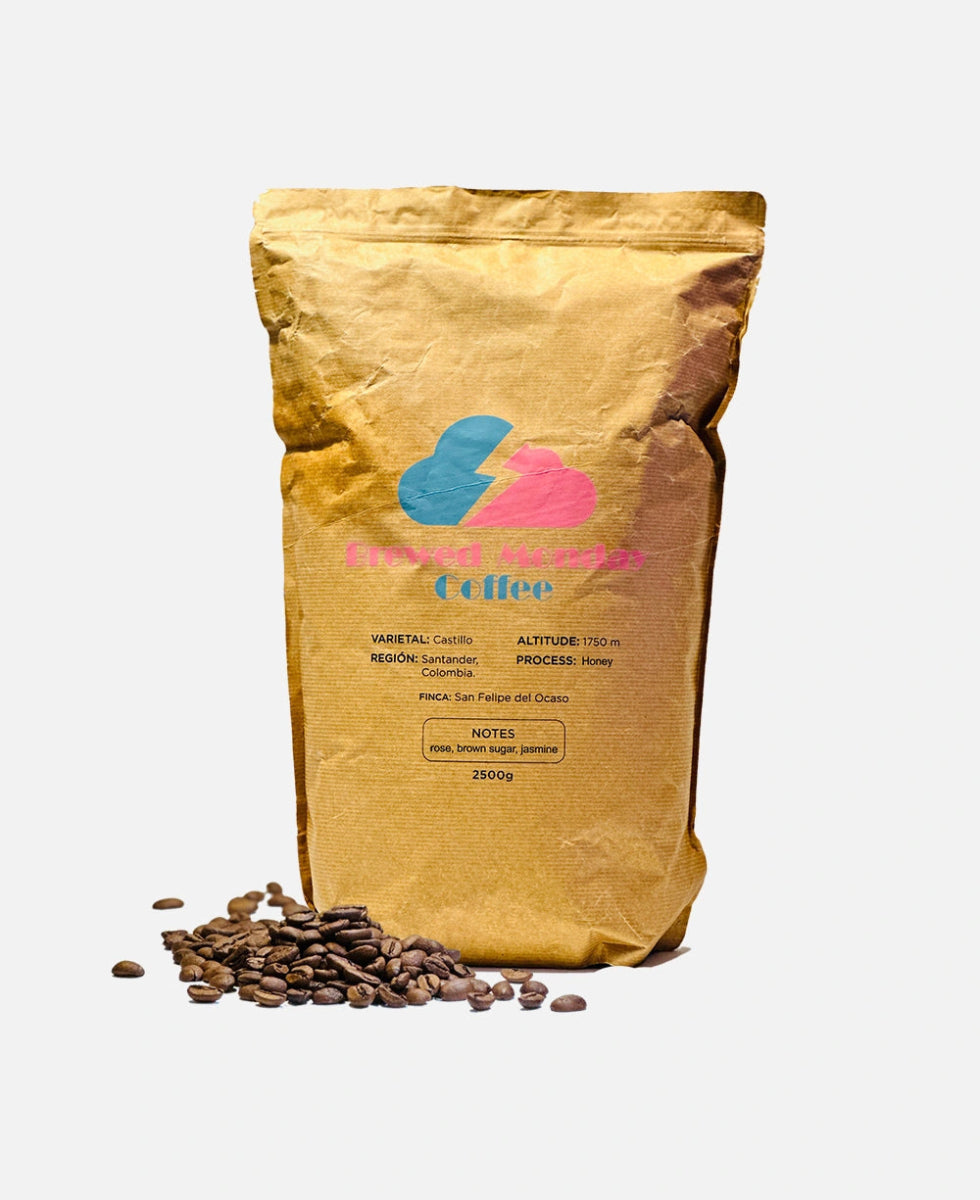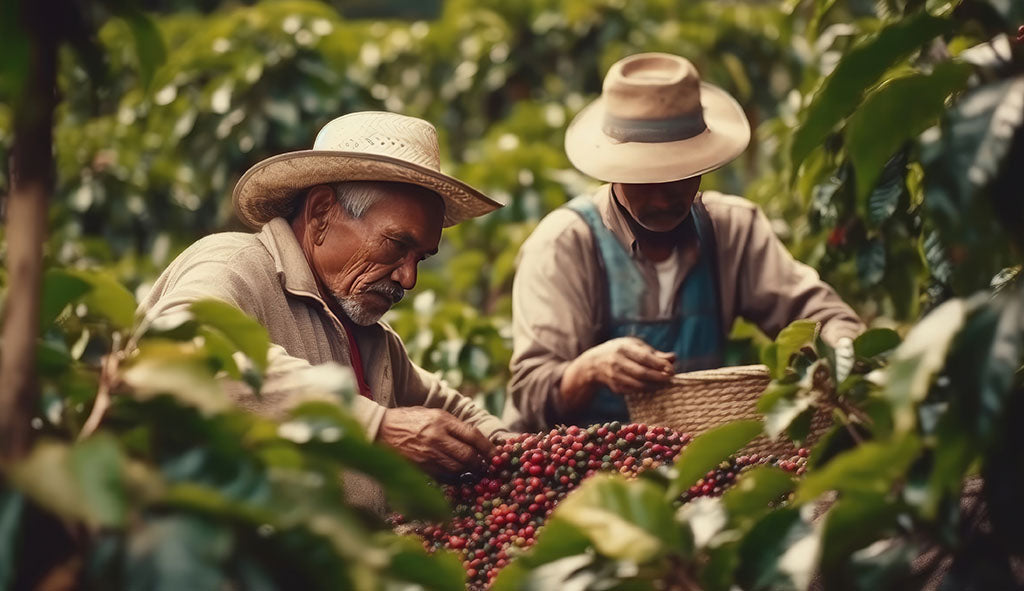
Why Specialty Coffee Matters: Uncovering the Story Behind Every Sip

In a world saturated with instant coffee and drive-thru brews, specialty coffee stands as a beacon of authenticity and artistry. Beyond its rich flavors and complex tasting notes, specialty coffee represents a movement that values transparency, sustainability, and community. Each sip tells a story, one that begins with the passionate farmers who meticulously cultivate the beans and ends with the skilled barista who carefully crafts your perfect cup.
Specialty coffee matters because it challenges the status quo, rejecting mass-produced mediocrity in favor of excellence. From bean to cup, every step of the process is meticulously scrutinized, ensuring that only the highest quality beans make it into your brew. Whether it's the heirloom varietals grown at high altitudes or the direct trade practices that support farmers' livelihoods, specialty coffee showcases the dedication and expertise of those involved.
So, why does specialty coffee matter? Because it celebrates the intricate web of relationships that connect people and places, and it allows coffee lovers to savor the fruits of those connections with every sip. It invites us to slow down, appreciate the craftsmanship, and cultivate a deeper connection to the world around us. Join the specialty coffee revolution and discover the captivating story behind every sip.
What sets specialty coffee apart
Specialty coffee is not just your average cup of joe. What sets it apart is its unwavering commitment to quality and the pursuit of excellence. Unlike commodity coffees that prioritize quantity over quality, specialty coffee focuses on the unique characteristics and flavors of each bean. It's all about bringing out the best in every cup.
To qualify as specialty coffee, beans must meet strict criteria. They are meticulously selected based on factors such as origin, variety, altitude, and processing methods. These beans are grown in specific regions known for their favorable climates and fertile soils. The farmers who cultivate specialty coffee often employ sustainable farming practices, ensuring the longevity of their crops and the preservation of the environment.
Once harvested, the beans go through a rigorous process of sorting, grading, and roasting. Skilled cuppers evaluate the beans for their aroma, acidity, body, and flavor, ensuring that only the finest beans make the cut. This attention to detail and commitment to quality is what sets specialty coffee apart from the rest.
The history and origins of specialty coffee
The history of specialty coffee is deeply intertwined with the global coffee trade. Coffee, originally native to Ethiopia, made its way to Yemen and eventually spread throughout the world. As coffee became more popular, it underwent various transformations, from the introduction of brewing techniques to the establishment of coffeehouses.
The specialty coffee movement, as we know it today, emerged in the late 20th century. Fueled by a desire for better-tasting coffee and a shift towards sustainability, specialty coffee gained traction among coffee enthusiasts and professionals. The movement emphasized the unique flavors and characteristics of coffee, encouraging farmers to focus on quality rather than quantity.
In recent years, specialty coffee has seen exponential growth, with dedicated coffee shops and roasteries popping up in cities around the world. This growing demand for specialty coffee has had a positive impact on coffee-producing regions, empowering farmers and fostering economic development.
The importance of sustainable sourcing in specialty coffee
Sustainability is at the heart of specialty coffee. From the farm to the cup, every aspect of the process is carefully considered to minimize environmental impact and support the well-being of coffee farmers.
Sustainable sourcing involves practices such as organic farming, shade-grown cultivation, and fair trade. These practices prioritize the long-term health of the land, protect biodiversity, and ensure that farmers receive fair compensation for their hard work. By supporting sustainable sourcing, consumers can enjoy their cup of coffee knowing that it was produced in an environmentally and socially responsible manner.
In addition to environmental and social benefits, sustainable sourcing also plays a crucial role in the flavor profile of specialty coffee. Well-nurtured coffee plants produce beans with distinct flavors and aromas, reflecting the unique terroir of their origin. By preserving the natural environment and supporting sustainable farming practices, we can continue to enjoy the diverse and exquisite flavors that specialty coffee has to offer.
The role of the coffee roaster in creating specialty coffee
The art of coffee roasting is where the magic happens. It is the process that transforms raw green coffee beans into the aromatic and flavorful beans we know and love. Coffee roasters play a vital role in the specialty coffee industry, as they are responsible for unlocking the full potential of each bean.
Roasters carefully monitor temperature and time to achieve the desired roast level, whether it's a light roast that highlights the delicate flavors or a dark roast that brings out the boldness and richness. They use their expertise to bring out the unique characteristics of each bean, ensuring that every cup of coffee is a delightful sensory experience.
The skill and craftsmanship of the roaster can make all the difference in the final product. A talented roaster knows how to balance the complex flavors and create a well-rounded cup of coffee. They are constantly experimenting and refining their techniques to push the boundaries of what specialty coffee can be.
Understanding the flavor profiles of specialty coffee
Flavor is the essence of specialty coffee. Each bean carries its own unique flavor profile, influenced by factors such as variety, processing method, and terroir. Understanding these flavor profiles allows coffee enthusiasts to appreciate the nuances and complexities of specialty coffee.
Specialty coffee can exhibit a wide range of flavors, from fruity and floral to chocolatey and nutty. These flavors are often described using a flavor wheel, a tool that helps categorize and identify the different tasting notes present in coffee. By exploring the flavor profiles of specialty coffee, you can discover new favorites and expand your palate.
Tasting specialty coffee is an experience in itself. Engage your senses by noting the aroma, acidity, body, and finish of each cup. Take your time to savor the flavors, allowing them to unfold and evolve on your palate. With each sip, you'll uncover a new layer of complexity and appreciate the artistry that goes into creating specialty coffee.
Exploring different brewing methods for specialty coffee
Brewing specialty coffee is an art form that allows you to fully enjoy its flavors and aromas. There are various brewing methods to choose from, each offering a unique approach to extracting the best from your beans.
The pour-over method, for example, involves pouring hot water over a bed of coffee grounds, allowing the water to slowly drip through and extract the flavors. This method allows for precise control over the brewing process and produces a clean and nuanced cup of coffee.
On the other hand, the French press method involves steeping coffee grounds in hot water and then pressing a plunger to separate the liquid from the grounds. This method produces a full-bodied cup of coffee with a rich and robust flavor.
Other popular brewing methods include espresso, AeroPress, and cold brew. Each method has its own set of techniques and parameters, allowing you to customize your brewing experience and bring out the best in your specialty coffee.
The impact of specialty coffee on local communities and economies
Specialty coffee has a profound impact on the communities and economies of coffee-producing regions. By focusing on quality and sustainability, specialty coffee creates opportunities for farmers and stimulates economic growth.
Through direct trade practices, specialty coffee promotes transparency and fair compensation for farmers. By establishing direct relationships with farmers, roasters ensure that farmers receive a higher share of the profits, empowering them to reinvest in their farms and communities. This direct connection also allows for greater traceability and accountability, ensuring that ethical and sustainable practices are upheld.
The specialty coffee industry also contributes to the growth of local economies. Coffee-producing regions benefit from increased tourism and the establishment of coffee shops and roasteries, creating jobs and supporting small businesses. Specialty coffee has the power to transform entire communities, providing a sustainable source of income and improving the quality of life for farmers and their families.
How to support specialty coffee producers and businesses
If you want to support the specialty coffee movement and make a positive impact, there are several ways to do so. One of the most direct ways is to purchase specialty coffee from local roasters or reputable online retailers. By choosing specialty coffee, you are not only getting a superior cup of coffee but also supporting farmers and promoting sustainable practices.
Educating yourself about the origins and practices of the coffee you consume is another important step. Look for certifications such as Fair Trade, Rainforest Alliance, or Organic, which ensure that the coffee meets certain social and environmental standards. By making informed choices, you can vote with your wallet and support the producers and businesses that align with your values.
Lastly, spread the word about specialty coffee. Share your passion with friends and family, introduce them to the world of specialty coffee, and encourage them to make conscious choices when it comes to their coffee consumption. Together, we can create a more sustainable and equitable coffee industry.
Conclusion: Embracing the story behind every sip of specialty coffee
Specialty coffee is more than just a beverage – it's a journey. It invites us to slow down, appreciate the craftsmanship, and savor the story behind every sip. From the passionate farmers who nurture the coffee plants to the skilled roasters who unlock their flavors, specialty coffee represents a celebration of authenticity, sustainability, and community.
By embracing specialty coffee, we become part of a movement that values quality over quantity and fosters meaningful connections between people and places. It's a way of experiencing coffee that goes beyond the ordinary, allowing us to explore the diverse flavors and aromas that nature has to offer.
So, the next time you sip on a cup of specialty coffee, take a moment to reflect on the journey it has taken – from the hands that planted the seeds to the hands that brewed it. Let each sip be a reminder of the intricate web of relationships that connect us all and the power we have to make a positive impact through our choices.
Join the specialty coffee revolution and uncover the captivating story behind every sip. Your taste buds and the world will thank you.

